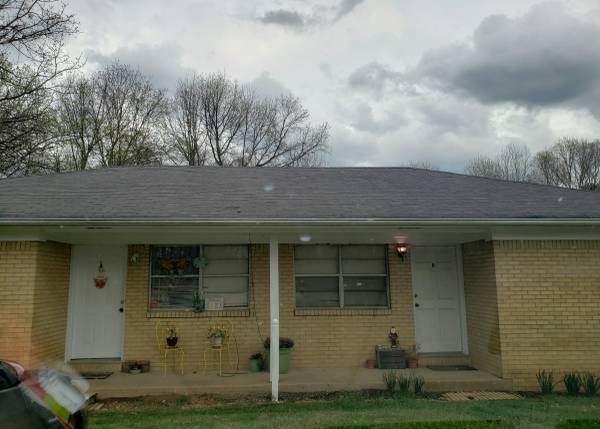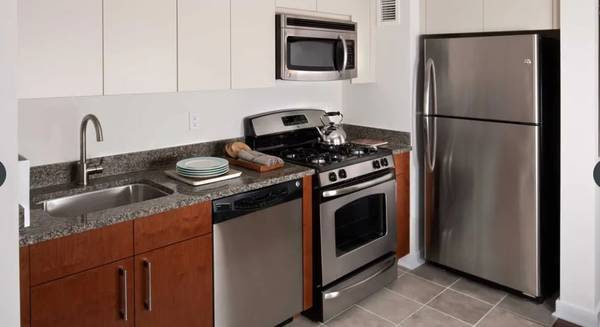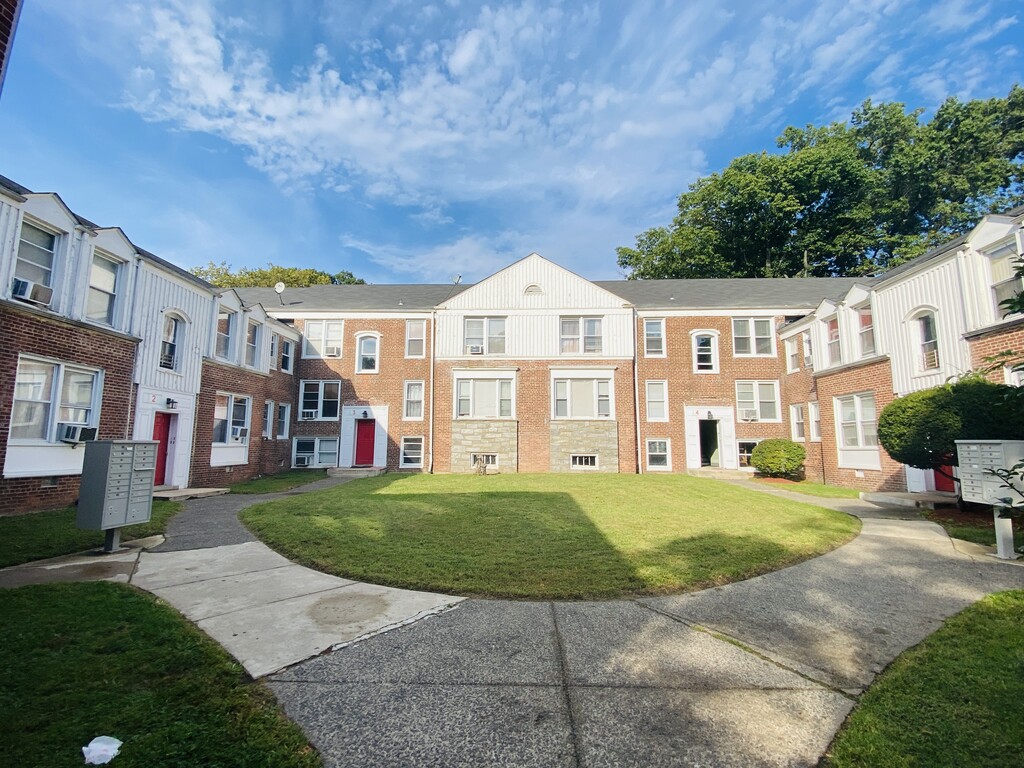Renting with bad credit but high income can be a daunting task. While bad credit can have negative effects on your ability to rent a place, a high income can help offset some of those effects. In this post, we will discuss tips and strategies for high-income individuals with bad credit who are looking to rent a property.
Whether you have a spotty credit history or just a low credit score, these tips can help increase your chances of getting approved for the rental property you desire.
What is the Role of Credit Scores in Renting?
Credit scores are an important factor that landlords and property managers use to evaluate tenants. Bad credit can have a negative impact on the rental application process, but having a high income, stable employment history, and positive rental history can offset a low credit score.
When applying for a rental property, landlords and property managers will pull a credit report to evaluate your credit score. A low credit score can raise concerns about your ability to pay rent on time. Therefore, it's important to emphasize your income and rental history in your application.
How to Improve the Chance to Get Approved Even with a Low Credit Score?
To present yourself as a desirable tenant, even with a low credit score, you need to build a strong rental application. Start by emphasizing your income and rental history, including any positive feedback from previous landlords. This shows that you are financially stable and responsible.
For example:
Let's say you're applying for an apartment that costs $1,500 a month, but your credit score is less than perfect. To offset this, you can showcase your income by providing pay stubs that prove you make at least $60,000 a year, which is 40 times the monthly rent.
You can also offer to pay a higher security deposit or provide a cosigner to increase your chances of getting approved. A cosigner is someone who agrees to take on the financial responsibility if you fail to pay rent. However, make sure that the cosigner has a good credit score and is willing to sign the lease.
What Strategies Can Be Used to Increase Approval Chances?
In addition to building a strong rental application, there are other strategies you can use to increase your chances of getting approved for a rental property. For example, look for individual landlords instead of large management companies. Individual landlords may be more flexible and willing to negotiate terms.
You can also offer to sign a longer lease or pay rent upfront to show your commitment to the property. This can also give landlords and property managers peace of mind that they will receive their rent on time.
When negotiating with landlords and property managers, be transparent about your credit issues and emphasize your income and rental history. If you can show that you are financially stable and responsible, landlords and property managers may be more willing to work with you.
FAQs about Renting With Bad Credit But High Income
Is credit score or income more important when renting?
The stability and amount of a tenant's income hold greater significance than their credit score. If there are any flaws in the credit history, a security deposit that is enough to counterbalance the risk can help overcome those shortcomings.
Does having bad credit affect renting a house?
If you have a poor credit score, property managers are likely to reject your application. In such cases, it's better to look for properties owned by individual landlords who might not conduct credit checks, or may be more open to taking a chance on a tenant with a less-than-perfect credit history but a strong rental history and reliable income.
Does rental income help your credit score?
Yes, if you consistently pay your rent in full and on time, you can leverage a rent-reporting service to have your positive payment history reported to credit bureaus. This can help boost your credit score
What is the lowest credit score to rent a house?
Typically, landlords require a minimum credit score of 620 for rental housing applicants. If your FICO score is below 620, there is a chance that your application may be rejected, or you might be required to furnish additional security deposits or co-signers to obtain approval
How much does your credit score go down if you don't pay rent?
Your credit score is influenced by your rent payment history, which makes up approximately 35% of your overall credit score. As a result, even one late or missed rent payment can significantly affect your credit score, particularly if it's already relatively high.
Conclusion
Thank you for taking the time to read our blog post on Renting With Bad Credit But High Income today!
Renting with bad credit but a high income is possible with the right approach and mindset. Understand the role of credit scores in renting, build a strong rental application, and use additional strategies to increase your chances of getting approved. By taking these steps, you can find a rental property that meets your needs and suits your budget. Remember, it's all about presenting yourself as a desirable tenant, despite your credit score.





